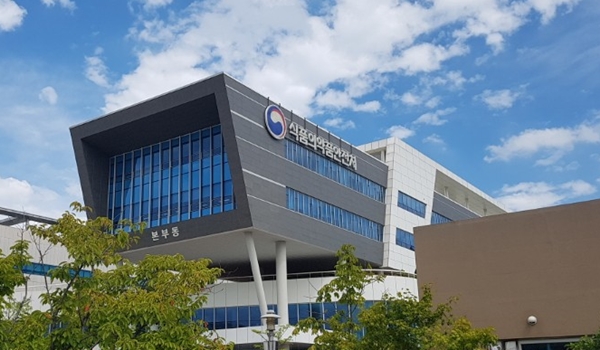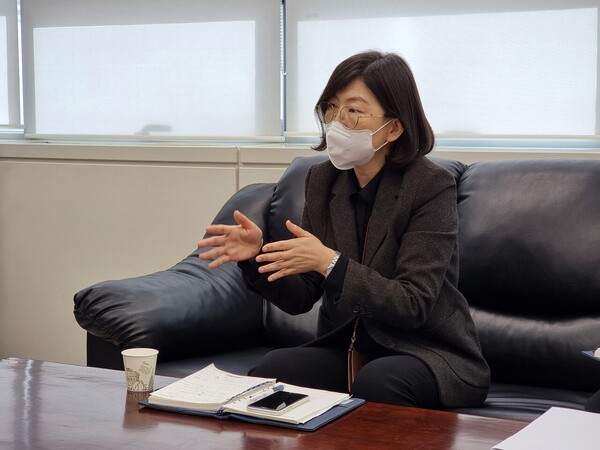The Ministry of Food and Drug Safety has recently unveiled the results of its reevaluation of oxiracetam drugs used to improve brain functions, drawing attention to the next reassessment targets.

The ministry is now conducting the clinical reevaluation of 11 products.
The 11 items under clinical reevaluation, aside from oxiracetam, are naloxone hydrochloride, streptokinase-streptodornase, ceftezole sodium, choline alfoscerate, dihydroroxydibutyl ether, formoterol fumarate hydrate, alginic acid carboxymethyl cellulose, chenode oxycholic acid ursodeoxycholic trihydrate magnesium acid, L-aspartate-L-ornithine, and glucose/sodium chloride/potassium citrate hydrate/sodium citrate hydrate (excluding oriental medicine substances), according to the ministry on Wednesday.
Some items, the deadline for presenting reevaluation results for some items, such as naloxone hydrochloride and ceftezole sodium, are impending, so any steps on them will likely be taken the next time around, officials said. However, they added that if the industry requests extending the clinical period, it will likely take more time for the ministry to make its judgment.
After examining oxiracetam drugs based on data submitted by KDC and listening to advisors’ opinions, we concluded their effects and efficacy were invalid,” said Shin Kyeong-seung, director of the ministry’s Medicine Safety Assessment Division, in a meeting with reporters on Tuesday.

Considering the drug’s uniqueness of improving cognitive disorder, the ministry added no fewer than 13 secondary evaluation criteria in designing clinical trials, including brain imaging and guardians’ assessment, but failed to prove their effectiveness. The combined production of the six items from four companies subject to reevaluation is worth 25 billion won ($20 million).
Asked why the ministry did not specify alternative drugs in its medicine information letter, Director Shin said, “We understand there are not many cases of prescribing oxiracetam drugs alone. Advisors also replied the list of alternative drugs has little meaning. Medical professionals will judge which drugs to use as alternatives.”
However, the medical community is expressing concerns about the treatment void for dementia patients, as one brain function treatment after another is being driven out of the market.
“The problem is not limited to our country alone. Regulators worldwide are racking their brains over this matter, and researchers are conducting brisk studies to improve cognitive disorder,” Shin said. “We hope the domestic businesses will research it briskly.”
Noting that the ministry understands the criticism about its too-strict reevaluation standards conscious of health insurance’s finance, Director Shin said, “Insurance’s finance is up to the insurance authorities. The food and drug safety ministry’s role is to make a scientific evaluation, maintaining or driving out drugs depending on their efficacy.”
Shin also responded to another criticism about the excessively extended reevaluation period.
“Because the period clinical trials vary widely depending on drugs, we cannot shorten it in a lump sum. The deadline for data submission is also decided by drugmakers, considering the clinical trial period and the number of participating institutions,” Shin said. “We monitor the progress and revisit companies to encourage their proceedings.”

